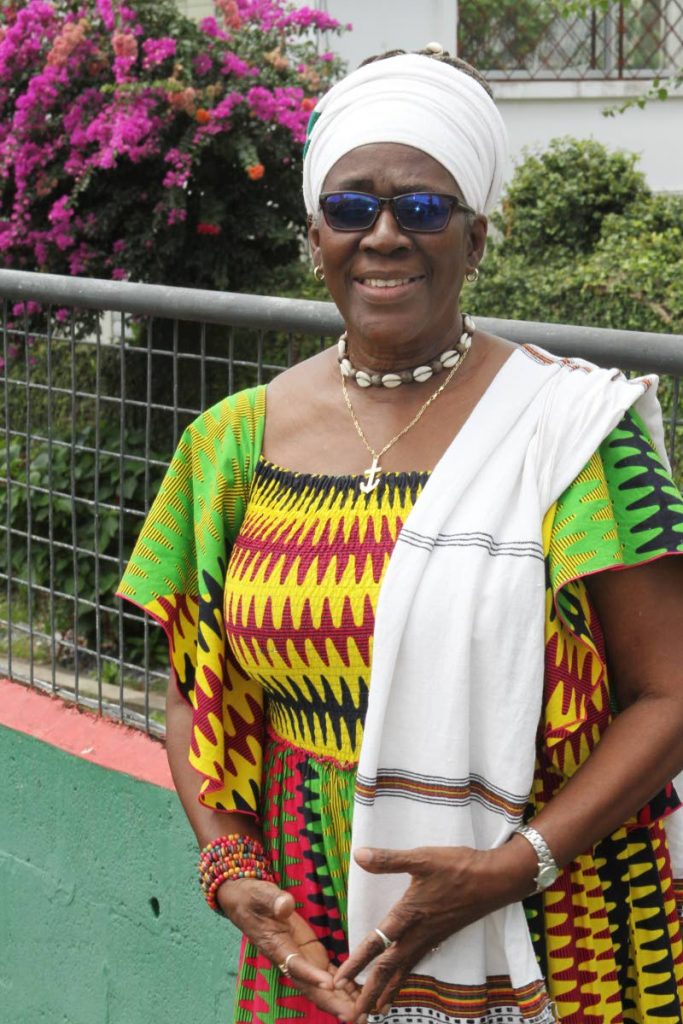Emancipation Support Committee on pyramid schemes: Don't call it sou-sou

WHILE pyramid schemes are not illegal in TT, the Emancipation Support Committee (ESC) is against the use of the word “sou-sou” to describe many such schemes.
In an e-mailed response to Newsday on Wednesday, the ESC, led by Zakiya Uzoma-Wadada, said it is unfortunate that the current schemes are given the coveted title of sou-sou.
“All these new financial arrangements are being seen as modifications of the sou-sou. The fact is that pyramids, circles and whatever other geometrical forms these current schemes take are in no way similar to a sou-sou.
"Associating the original sou-sou with these current schemes only serves to denigrate a longstanding positive African tradition which has been retained up to today, and which has played and continues to play a very significant role in the survival and well-being of people in our communities.”
According to the ESC, the term “sou-sou” or “susu” is derived from the Yoruba word
esusu, meaning an informal community-based savings/ loan mechanism that originated in Nigeria and was brought to TT after emancipation.
Former head of the Securities Exchange Commission (SEC) Prof Patrick Watson told Newsday that while sou-sou is a traditional savings/loans for those who stayed away from banks, the schemes being used now are pyramid schemes and not sou-sou.
“This thing is a pyramid scheme. There is a risk to this. In a sou-sou there are no risks.
"In time this is going to buss. Sooner or later you will not be able to get people to join.”
Watson said even though people will make a profit in the beginning, those who join late will most likely lose their investment when they can’t get anyone else to join, and this is why the word sou-sou is wrong.
“I don’t think this is money laundering either. This is a straightforward pyramid scheme. I am not sure of the illegality of it (a pyramid scheme)."
Newsday was told the Government intends to bring legislation to make pyramid schemes illegal with a punishment of a $10,000 fine and/or imprisonment for up to three years. The proposal will come under the Consumer Protection Bill, which will replace the Consumer Protection and Safety Act.
Financial Services Ombudsman Dominic Stoddard told Newsday that while there may be no specific law to address pyramid schemes, fraud charges could be laid if the organisers are proven to deliberately set out to deceive “investors.”
He said the way these schemes operate, the first thing that needs to be done is to “identify whether it is fish or fowl” so that the necessary regulatory body can address it. So far he said, neither the Central Bank nor the SEC has claimed any supervisory powers over the schemes, which he said were nothing like the traditional sou-sou.

Comments
"Emancipation Support Committee on pyramid schemes: Don’t call it sou-sou"